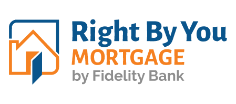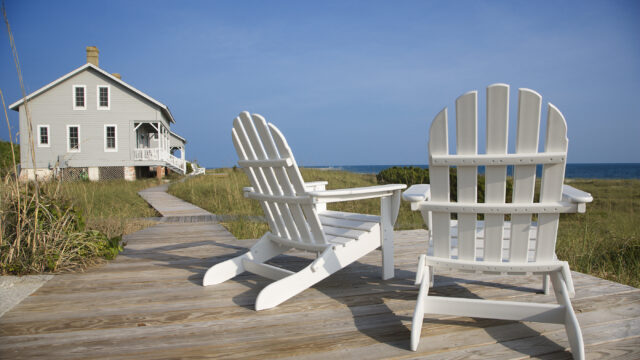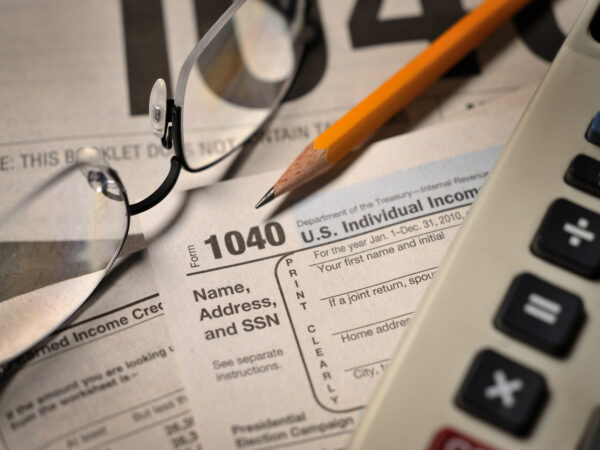If you’re thinking about buying a home for your family to escape during the holidays and summer vacations, chances are you will need financing for that property—unless you choose to buy the vacation home outright with cash. And even if you do have the cash, you still may want to finance your second home purchase to keep your savings intact in case of an emergency.
Fortunately, there are several options to consider when financing a second home. In this article, we’ll go over two of the most popular options, as well as the pros and cons of each.
Conventional Mortgages
When buying a second home, most buyers choose conventional, 15-year or 30-year mortgages, which come with fixed-rate or adjustable-rate (ARM) options. Compared to government-backed mortgages, such as FHA, VA and USDA loans, there are less restrictions on the type of property you can buy or where it’s located.
For example, Right By You Mortgage offers a Second Home Loan program, available to Fidelity Bank customers, which allows you to finance up to 70% of the purchase price of your second home. It comes with fixed-rate and ARM options, including 10-year and 15-year fixed rate options or 5/5, 7/1 and 10/1 ARMs. Assuming you qualify, you can borrow a maximum of $2.5 million to buy your second home.
Financing a second home with a conventional mortgage will require a larger down payment than the typical minimum 3% down payment that is required when buying your first home. You’ll also need a strong credit score and a low debt-to-income ratio to qualify, since your lender will consider your current mortgage payment as part of your overall debts.
Home Equity Loans
Another way to finance the purchase of a second home is by using the equity you have in your primary residence. While most people use home equity loans to make home improvements or pay down debts, they can also use it to finance or make a sizable down payment on a second home.
A potential obstacle to purchasing a second home with a home equity loan is that the amount you can borrow is limited to how much equity you have in your first home. If you bought your first home in the past several years, you may not have enough home equity accumulated to make things work. Also, if you’re unable to make the payments, you could be placing your first home at risk of foreclosure, since it’s being used as collateral for the second home loan.
Making the Right Choice
Buying a home is a major investment. That’s why it’s useful to have an expert mortgage professional who is able to show you all your available options and help you determine what works best for you.
An experienced loan officer can help you navigate the complexities of qualifying for a second home loan, including the requirements of different loan programs. They can also assist you with creating a budget to make sure the option you choose works with your long-term financial goals. Plus, they can help you get all the necessary paperwork in place, so you’re fully prepared when it comes to making an offer on a property.
At Right by You Mortgage, we understand that being able to own more than one home is a major financial achievement. Our breadth of financing options, competitive rates, and expert advice can help get you over the finish line.
To learn more, just give one of our local mortgage loan officers a call at 1-877-552-2242 or drop us a note at inquiries@rightbyyoumortgage.com.









